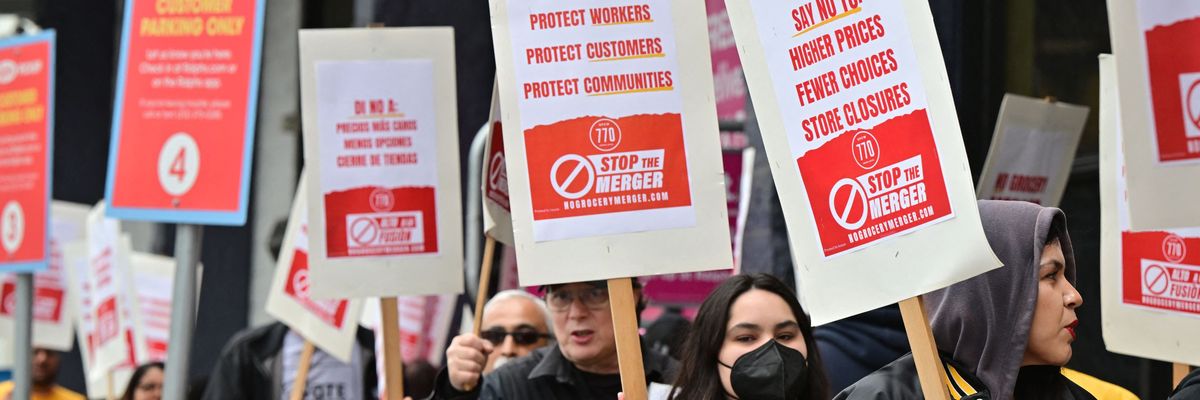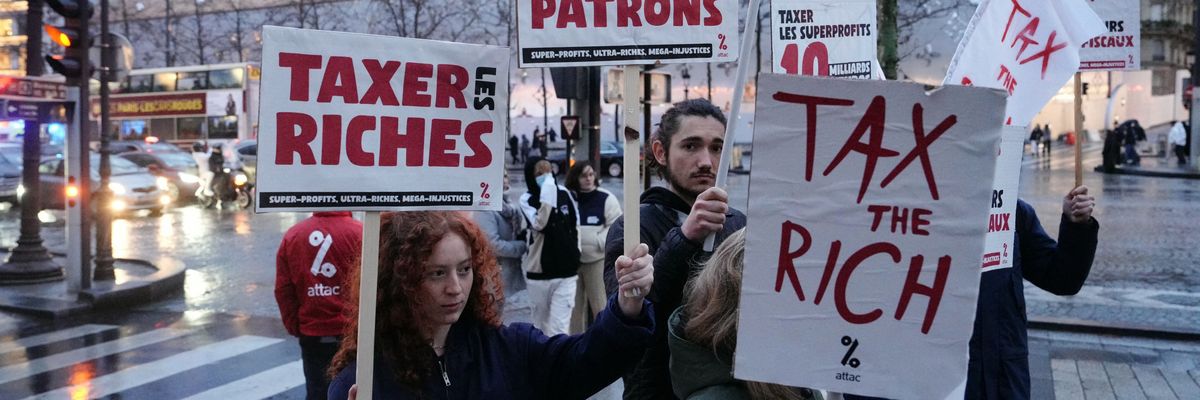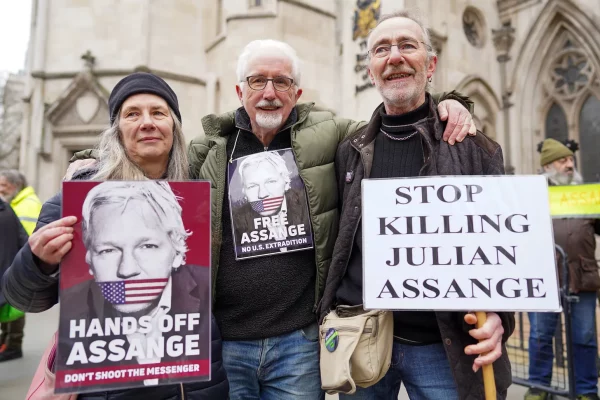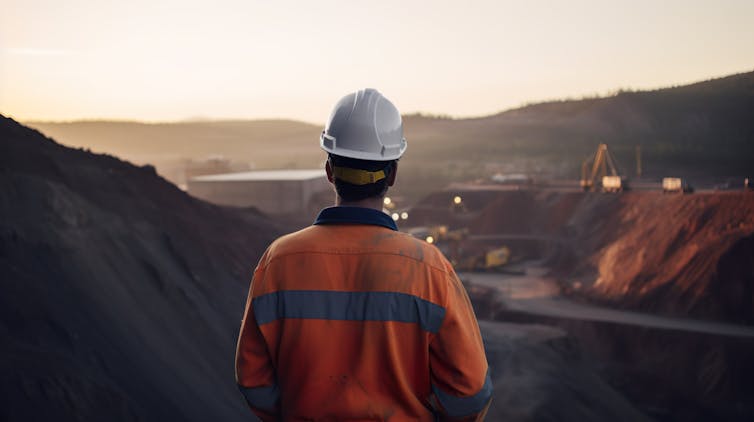The end of the Second World War was a calamitous catalyst, laying the bricks and mortar for institutions that were always going to look weary, almost comically so, after some decades. The United Nations was meant to be the umbrella international organisation, covering an eclectic array of bodies that seem, to this day, unfathomably complex. Its goals have been mocked, largely for their dew-eyed optimism: international peace, prosperity, levels of stable development. The balance sheet is, however, more complex.
In this organisational mix stands the haughty, sometimes interested, sometimes violent club known as the UN Security Council. On paper – well, the UN Charter, anyway – it remains one of those bodies that is perky, powerful and determined. It’s the only international body with all the cards that matter, capable of exerting near supreme powers. From the summit of the United Nations, it remains the policing enforcer, capable of adding teeth to what might be otherwise toothless tigers and enfeebled pussycats.
Member states on the Council can authorise, almost tyrannically, the use of force. They can impose sanctions, create ad hoc tribunals to try war crimes, and set up bodies of their own wish and design. But the supreme power of the Security Council granted under Chapter VII of the UN Charter has its own, self-stalling measure. One might even call it retarding, a limitation that makes deliberations often look carnivalesque. The main participants in the carnival are always the permanent five (P5): the United States, United Kingdom, France, Russia and China. Their continued relevance lies in their unaccountable exercise of the veto, an aborting device that kills off a resolution with swiftness and finality. And only one of them need exercise it, whatever other Council Members think.
With such an uneven, ramshackle structure, proposals for reform were bound to come. For two decades, they have haunted the halls of the UN, with little threat of materialising. Since 2023, the ghosts of such proposals have been inspired by lethargy and inactivity on the part of the Security Council in various areas of conflict, with Ukraine and Gaza featuring prominently. Any matter concerning the Ukraine-Russia War is likely to end up being blocked by Russia. The United States performs the same spoiling role when it comes to Israel’s war in Gaza: anything deemed against the Jewish state’s interests will be stomped and snuffed out with haste.
During his speech at the General Assembly’s annual debate last November, GA President Dennis Francis warned delegates that the Council’s performance would inevitably continue to suffer in the absence of reform. “Violence and war continue to spread in regions across the world, while the United Nations seems paralysed due largely to the divisions in the Security Council.” In such a fractious, and fragmenting environment, the Council was “dangerously falling short” of its mandate as the guarding custodian of international peace and security.
The advocating parties for such changes are almost always likely to feel like disgruntled invitees to a party they cannot wholly enjoy. Exclusive benefits are only available to the blessed, anointed and those with historically appropriate character references. The pathway is otherwise barred.
Unremarkably, the countries most keen to tout their credentials for admission are those putting the case that their time has come. The G4, comprising Brazil, Germany, India and Japan, are calling for a total of 11 permanent members (P11): China, France, The Russian Federation, the UK, the US, with six others. The process sounds wearisome and is outlined at some length by Thalif Deen of the Inter Press Service. Country candidates, upon adoption of a framework regarding Council reform, would inform the President of the General Assembly, who would then set a date for the election of the six permanent members. The change would have to be secured by two-thirds of the GA members via secret ballot. The GA rules of procedure would then apply to the election of the new members.
As with all clubs with stringent requirements, admission would also be subject to Article 23(1) of the UN Charter: “due regard being specially paid, in the first instance to their contributions to the maintenance of international peace and security and to the other purposes of the Organization, and also to equitable geographical distribution.”
The G4 proposal further suggests that the six new permanent members be elected with a specific distribution in mind: two from African Member States; two from the Asia-Pacific; one from Latin American and Caribbean Member States; and one from Western European and Other Member States. To this grouping can also be added four or five new non-permanent members to further swell the Council, to be elected along similar lines.
Other countries are also weighing in. Turkey, being another proclaimed actor of heft and influence, recently made sharp noises at the G20 international forum on the subject. On the second day of the G20 Foreign Ministers Meeting in Brazil held this month, Turkey’s Foreign Minister Hakan Fidan proved particularly active during the Global Governance Reform session.
Fidan had been appropriately briefed about the imprecise and often crude jargon that has come to characterise the field vaguely called international relations. According to TRT World, he spoke of the importance of “multinational institutions” and “effective global governance mechanisms” in coping with “geopolitical tensions in the evolving multipolar new world order.” To acknowledge such a change, one vital target stood out: the UNSC. The Council, he argued, “casts a shadow on the reputation of the entire UN system”. A “more democratic and accountable system” with sound international law foundations was needed.
As always, the impetus for reform is contingent on the jacketed traditionalists, long in the tooth and wary about a change in the furniture. Not only will a two-thirds majority be required among all GA members; it would have to be approved by a jealous P5 less than enthusiastic in having their power diluted or checked.
Rigidly devoted to their model, the G4 may not necessarily be improving matters. Why assume that enlarging the pool of P5 veto-wielding powers to 11 will necessarily do so? The lines of power, instead of blurring, would only harden. The risk of procedure triumphing over the substance of peace and international security is all too apparent.
Binoy Kampmark was a Commonwealth Scholar at Selwyn College, Cambridge. He lectures at RMIT University, Melbourne. Email: bkampmark@gmail.com. Read other articles by Binoy.







